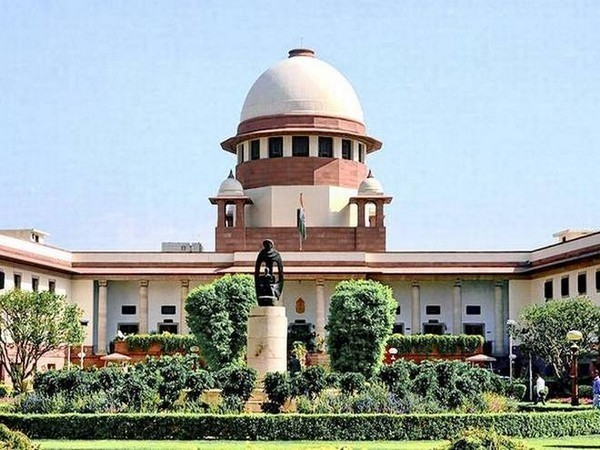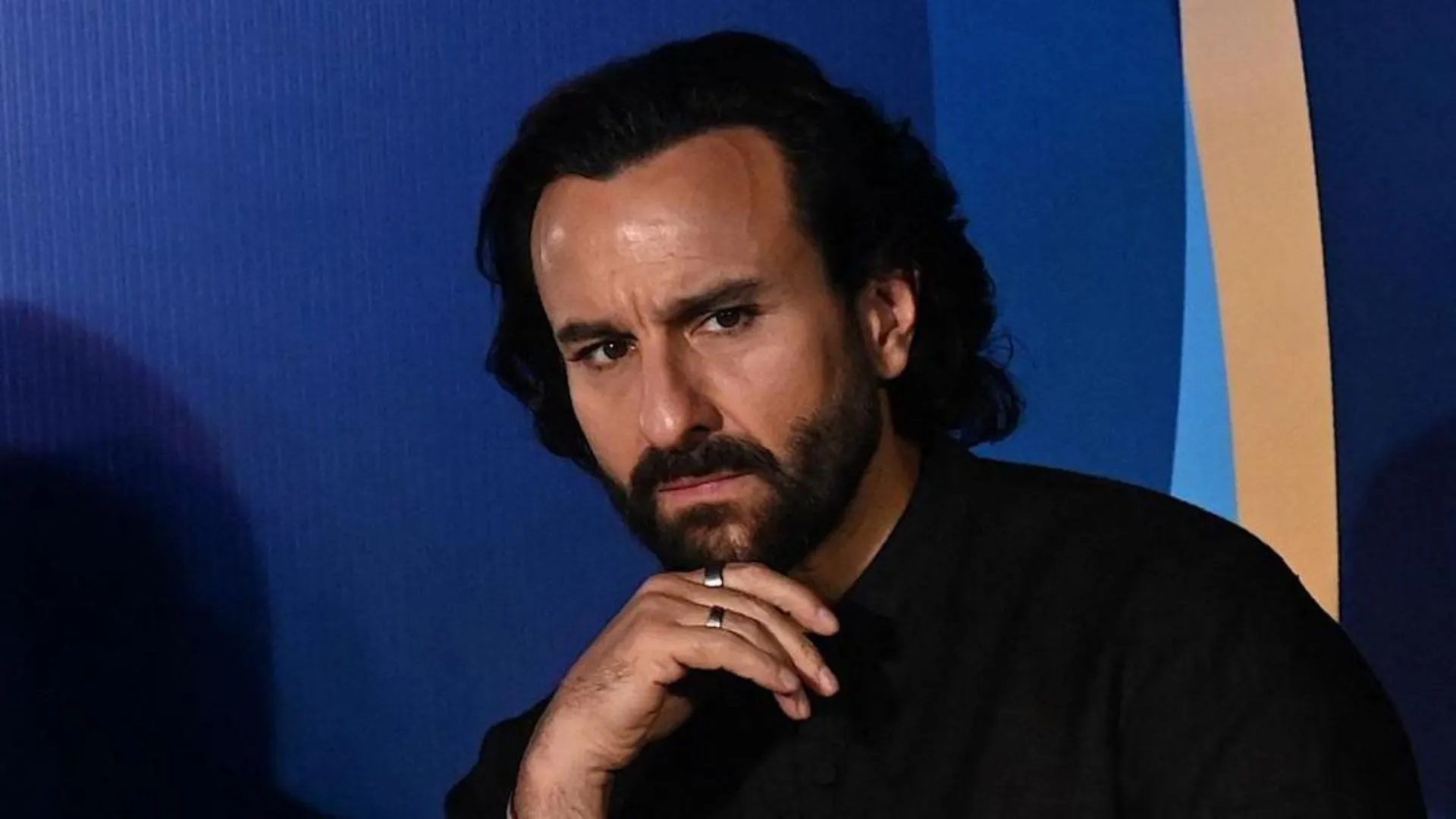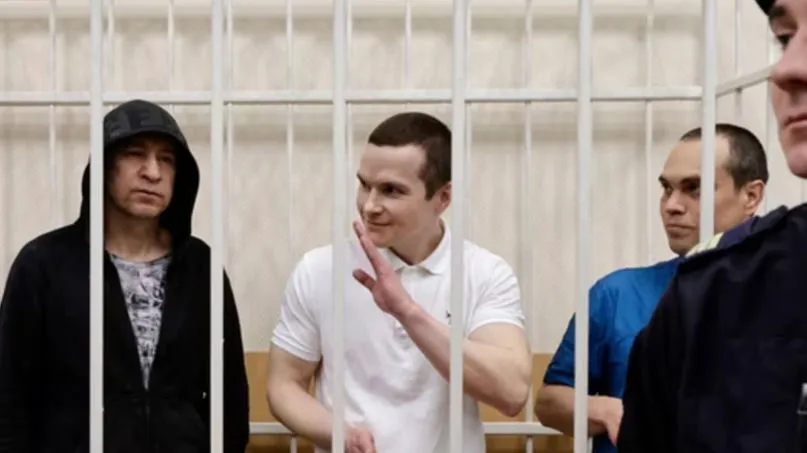The Supreme Court in the case Suresh Garodia v. The State of Assam and Another observed and has quashed the criminal proceedings which are initiated against the man who is being accused of raping a minor, noting that the FIR was registered after a gap of 34 years, and that too, only on a bald statement that the prosecutrix was a minor at the time of the offence.
The bench comprising of Justice BR Gavai and Justice Sandeep Mehta in the case observed and has stated that this court find that lodging a case after 34 years and that too on the basis of a bald statement that the prosecutrix was a minor at the time of commission of offence, could itself be a ground to quash the proceedings and no explanation whatsoever is given in the FIR as to why the prosecutrix was keeping silent for a long period of 34 years.
The bench in the case observed that the son born out of the relationship between the prosecutrix and the appellant had been treated by the latter as his son and all facilities, including cash money, had been provided to him. Thus, it showed that the relationship was consensual.
In the present case, the complaint was made by prosecutrix in 2016, wherein it is alleged that when she was 15 years of age, she was raped by the appellant and a son was born out of the relationship in 1983.
The court stated that after the completion of investigation, the final report was filed, wherein the Investigating Officer mentioned that the appellant was found to be the biological father of the prosecutrix’s son.
It was also mentioned that the appellant had provided cash money and other facilities to his son, however, due to greed for his property, the prosecutrix and her son had lodged the FIR after 34 years.
Therefore, the Concerned magistrate in the case observed and has rejected the final report and directed that cognizance be taken on the basis of the police report.
Therefore, the Appellant moved the High Court under Section 482 CrPC, but the was denied relief.
Further, he approached the Supreme Court, contending that the FIR was lodged to blackmail him and was an abuse of the process of law.
The Supreme Court bench in the case noted that in the statement given by the prosecutrix’s son, it was admitted that the appellant was providing him cash money and other facilities.
The court in the case held that the Magistrate was not bound to accept the Investigating Officer’s final report, however, reasons for rejecting the same ought to have been given.
The court stated that if the learned Magistrate disagrees with the finding of the I.O., the least that is expected of him is to give reasons as to why he disagrees with such a report and as to why he finds it necessary to take cognizance despite the negative report submitted by the I.O.
The court also referred to the case State of Haryana and Others v. Bhajan Lal and Others, wherein the court observed that although power to quash criminal proceedings should be exercised sparingly, the present case fell under categories 5 (inherently improbable allegations) and 7 (presence of malafides) culled out in the judgment.
The court opined that the finding of the Investigating Officer that the FIR was lodged only out of greed for the appellant’s property could not be said to be erroneous.
The court while considering the facts and circumstances of the case stated that the continuation of the proceedings would lead to nothing else, but abuse of process of law, thus, the orders of the High Court and the Magistrate were quashed.
Accordingly, the court quashed the orders of the High Court and the Magistrate.

















